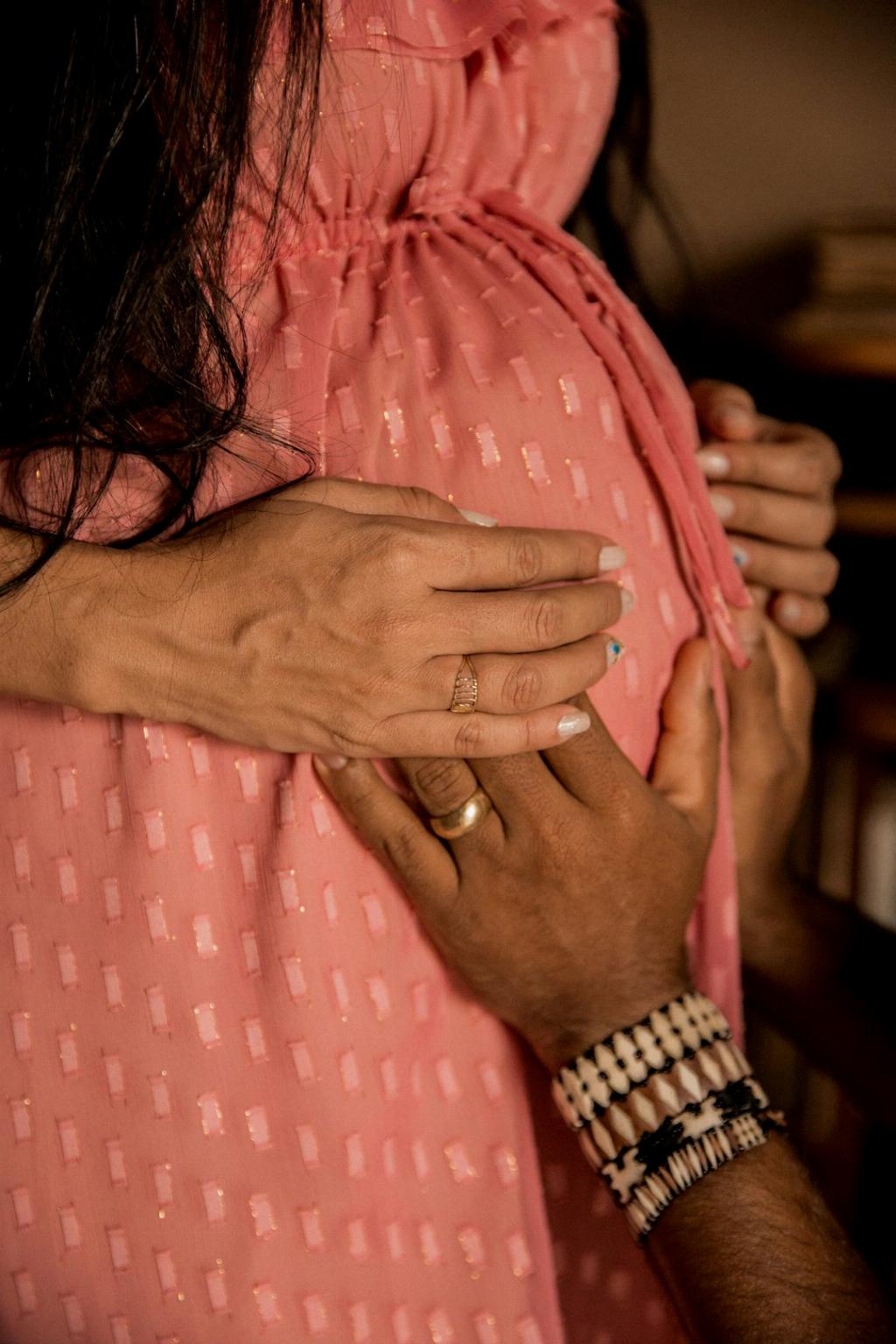Many expectant mothers often experience a unique phenomenon known as lightning crotch during pregnancy. This sudden, sharp, shooting pain in the pelvic area can cause discomfort and concern. One common question that arises is whether lightning crotch is related to the sensation of needing to urinate frequently. Let’s delve into this topic to provide a better understanding of the connection between lightning crotch and urinary symptoms.
What Is Lightning Crotch?
Lightning crotch is characterized by intense, stabbing pain in the pelvic region that can occur suddenly and without warning. This sensation is often described as feeling like a jolt of electricity in the vaginal or rectal area. While the exact cause of lightning crotch is not fully understood, it is believed to be related to the baby’s movements putting pressure on the nerves in the pelvis.
Does Lightning Crotch Cause a Need to Pee?
When experiencing lightning crotch, some women may also feel a heightened urge to urinate. The sharp and shooting nature of the pain can sometimes be mistaken for the sensation of needing to empty the bladder. However, it is essential to differentiate between the two sensations to determine if there are any underlying issues.
Understanding Urinary Symptoms
While lightning crotch itself does not directly cause the need to pee, certain urinary symptoms can accompany this pelvic pain. If you are experiencing a burning sensation when urinating, cloudy or blood-tinged urine, or a persistent urge to pee along with lightning crotch, it may indicate a potential urinary tract infection (UTI) or another underlying condition that requires medical attention.
When to Seek Medical Help
If your lightning crotch pain is accompanied by urinary symptoms such as a frequent need to pee, pain during urination, or changes in urine color or odor, it is essential to consult your healthcare provider. These symptoms could be indicative of a UTI, which, if left untreated, can lead to complications during pregnancy.
Managing Lightning Crotch Discomfort
To alleviate the discomfort associated with lightning crotch, you can try changing positions, applying heat or cold packs to the pelvic area, practicing prenatal yoga or gentle stretching exercises, and using a pregnancy support belt for added comfort and support. It is crucial to listen to your body and take breaks when needed to avoid exacerbating the pain.
Preventing Lightning Crotch Episodes
While lightning crotch cannot always be prevented, there are some measures you can take to minimize the frequency and intensity of these episodes. Maintaining good posture, practicing pelvic floor exercises, staying hydrated, and avoiding sudden movements or overexertion can help reduce the likelihood of experiencing lightning crotch pain.
Conclusion
In conclusion, lightning crotch is a common discomfort experienced by pregnant women that can manifest as sharp, shooting pain in the pelvic area. While this sensation may be accompanied by a heightened urge to urinate, it is essential to differentiate between lightning crotch and urinary symptoms that could indicate an underlying issue such as a UTI. If you are unsure about the cause of your pelvic pain or are experiencing concerning urinary symptoms, do not hesitate to seek medical advice to ensure the health and well-being of you and your baby.

